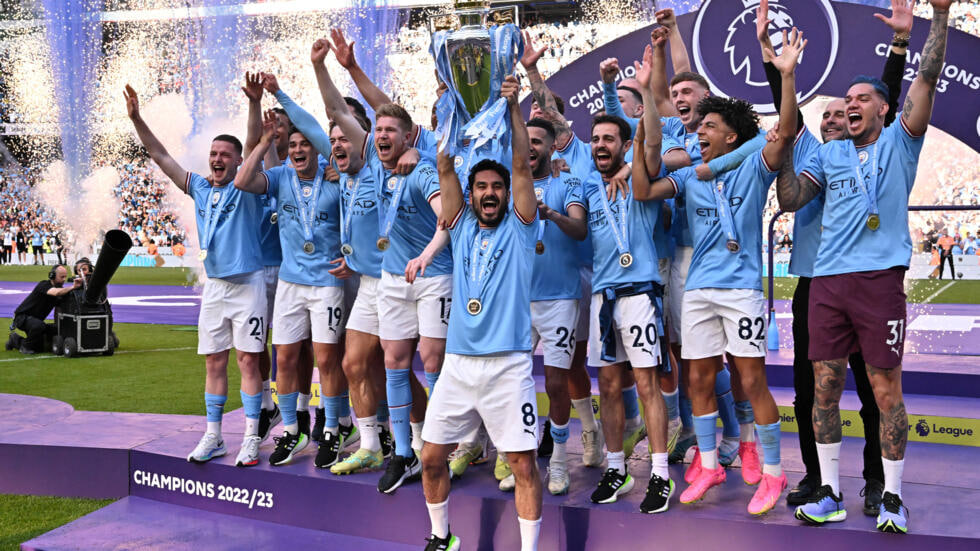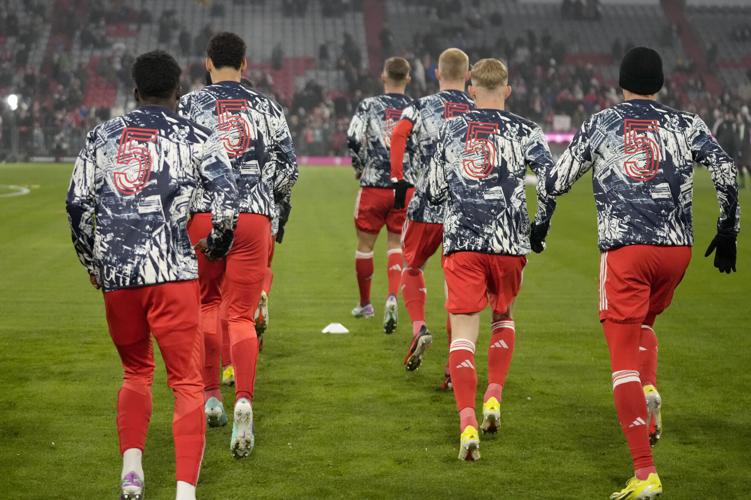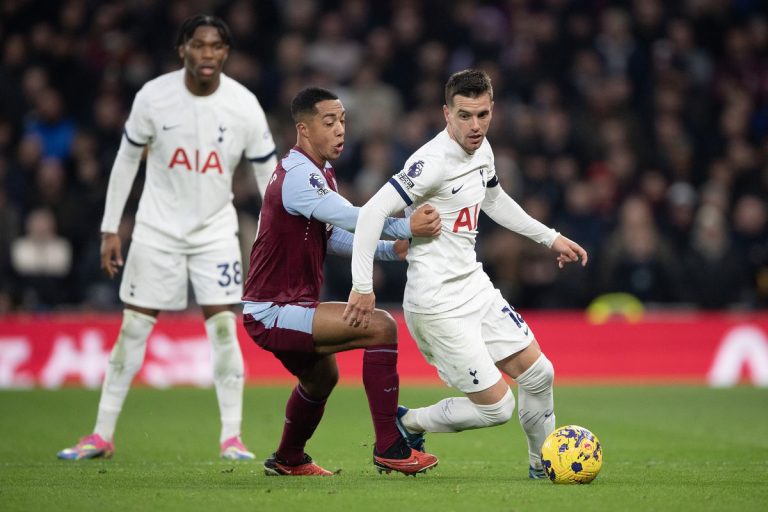Premier League Clubs Reach Consensus on Proposed Spending Cap
In a significant development, the majority of Premier League clubs have tentatively agreed to implement a spending cap, marking a potential shift in the league’s financial landscape. The proposed cap, subject to formal approval, aims to address concerns regarding financial sustainability and competitive balance within the league.
Under the proposed framework, the spending cap would be determined based on the television rights earnings of the lowest-earning club in the Premier League. This marks a departure from the current Profit and Sustainability Regulations (PSR), with the new system slated to take effect from the 2025/26 season.
The need for financial regulation in the Premier League has been underscored by recent incidents involving clubs like Everton and Nottingham Forest, both of whom incurred penalties for breaching the existing PSR. Everton, for instance, faced deductions totaling 10 points over the course of the season due to breaches of permitted losses. Despite successful appeals that led to reductions in the point deductions, these incidents highlighted the need for stricter financial controls.
Live football scores – Stay updated now
In Everton’s case, they exceeded the allowable losses by £19.5 million over a specified period, resulting in a 10-point deduction initially, which was later reduced to six points. Another breach of PSR rules saw them docked an additional two points, further emphasizing the need for tighter financial regulations within the league.
Similarly, Nottingham Forest found themselves in hot water after being handed a four-point deduction for PSR breaches. The club’s ongoing relegation battle only exacerbated the gravity of the situation, prompting them to appeal the penalty as they strive to secure their top-flight status.
The current PSR framework allows Premier League clubs to incur ‘allowable’ losses of up to £5 million per season averaged over three years, with provisions for increased allowances based on owner investments. However, the proposed spending cap seeks to address perceived inequities in the current system, particularly favoring more financially endowed clubs like Manchester City.
Critics argue that the current model disproportionately benefits wealthier clubs, enabling them to maintain a competitive edge both domestically and in European competitions. By introducing a spending cap based on television rights earnings, the Premier League aims to level the playing field and promote financial sustainability across all member clubs.
While the details of the proposed spending cap are still being finalized, its potential implications for the league’s financial landscape are significant. If formally approved, the new regulations could herald a new era of financial accountability and competitive parity within the Premier League, ensuring a more equitable distribution of resources and opportunities for all member clubs.






